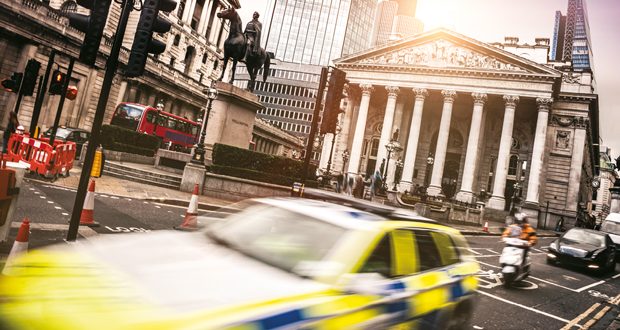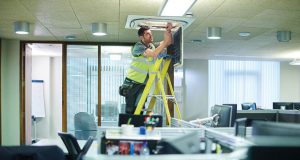Professional security requires skilled and motivated personnel says Jason Wakefield, Sales Director at Todd Research and Chris Phillips, Head of Physical Security Consulting at 2-sec & MD of International Protect and Prepare Security Office
Terrorist attacks targeting crowds, high-value properties or computing infrastructure are still regrettably common, and safeguarding measures tend to be reactive, rather than proactive. With events, travel networks and workplaces now back to capacity after the COVID-19-induced lull, governments worldwide are realising that they must take steps to safeguard their citizens sooner rather than later. Upcoming legislation – such as the UK’s proposed ‘Martyn’s Law’ Protect Duty – aims to make these actions compulsory, requiring all businesses and venue operators to take reasonable and proportionate measures to protect the public from attack.
Unfortunately, whatever measures or state-of-the-art solutions are put in place, they will be rendered largely ineffective without highly skilled individuals to operate them. Security services must therefore invest in both cutting-edge technologies and workforce development. This will help to ensure that security personnel consider their employment as a profession, rather than a career stopgap. This article looks at the challenges facing businesses in light of the Protect Duty, and assesses the technologies and resources needed to not only catch terrorists before they can act, but to deter them from even trying.
HOLISTIC APPROACH TO SAFETY
It’s an unfortunate reality that the UK faces an array of emerging threats, including terrorism, cyber-attacks, organised serious crime, and the growing prevalence of people carrying weapons. The current political situation in Europe adds fuel to the fire, heightening tensions between countries, nurturing extremism, and promoting desensitisation towards violence. The recent COVID-19 pandemic further exacerbated this precarious situation by causing the widespread isolation of vulnerable and easily influenced people.
Terrorist attacks of all motivations are becoming more diffuse, complicated and unpredictable, making them harder to foresee and prevent. Events and crowded places are common targets of large-scale terrorist activities, and require extra protection and security measures to be put in place. However, even in the midst of the health crisis, crime was still going on in the background. Cyber-attacks, in particular, became far more frequent and sophisticated – often with businesses targeting other businesses – although this was largely undisclosed to the public.
Security experts are therefore constantly developing new ways of detecting risks to society from multiple sources, with the aim of preventing both digital and physical crimes, and even deterring perpetrators altogether in the future. There are three main aspects to security:
- Physical – including fences, locks, guns, scanners, cameras, etc.
- Personal – such as running background checks and performing regular staff training.
- Cybersecurity – covering all aspects of digital, electronic and online safety.
These factors are applied in multiple layers to surround the valuable assets you need to protect – whether people, resources or locations – working together to provide a complete safety system so that, if a company falls short in one aspect, its security may still be largely effective.
CURRENT STATE OF COMMERCIAL SECURITY
Government and official buildings in the UK typically have some form of security equipment installed at the entry points. More often than not though, even state-of-the art security equipment installed on business premises is merely a show piece or, at best, a mild deterrent. A shortage of staff training or buy-in often means these systems are not used effectively to prevent criminal acts, or it is simply too time consuming and inconvenient to thoroughly check every person passing through the building. As well as this, since the job is repetitive by nature, security employees may lose concentration or interest, meaning that contraband items or suspicious people could pass them by without detection.
Security measures in the aviation sector have advanced far ahead of many other areas as a result of tragic past events, and staff training is taken very seriously in this industry, due to the potential repercussions of a security breach. Unfortunately though, the types of official security measures seen in aviation are not currently the standard in the wider commercial world, with many business areas only being regulated by a loose set of guidelines. For example, PAS 97 is an advisory document written by the Centre for the Protection of National Infrastructure, and applies specifically to mailroom screening. But even this guidance has not been widely adopted, nor is it enforced by any authorities. With the mushrooming prevalence of serious crime under our noses, this situation has to change, and businesses of all types must quickly adopt stricter security protocol going forward.





